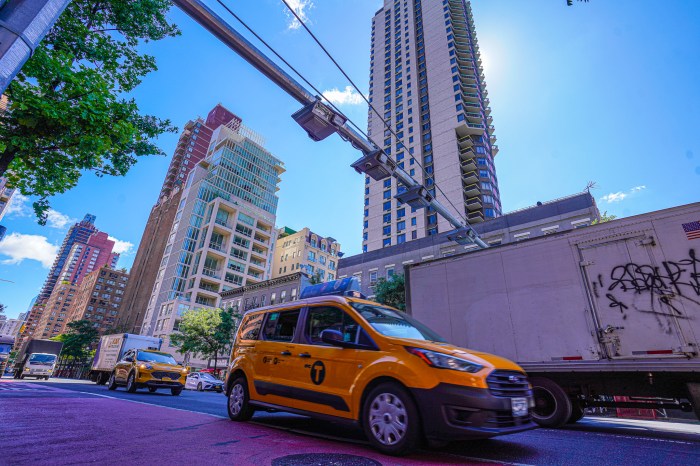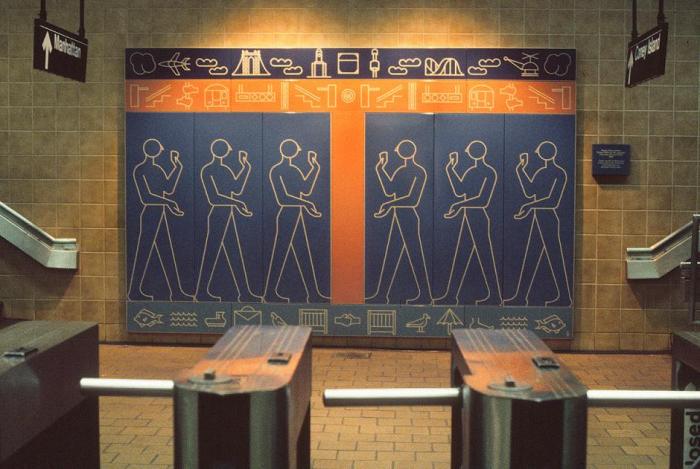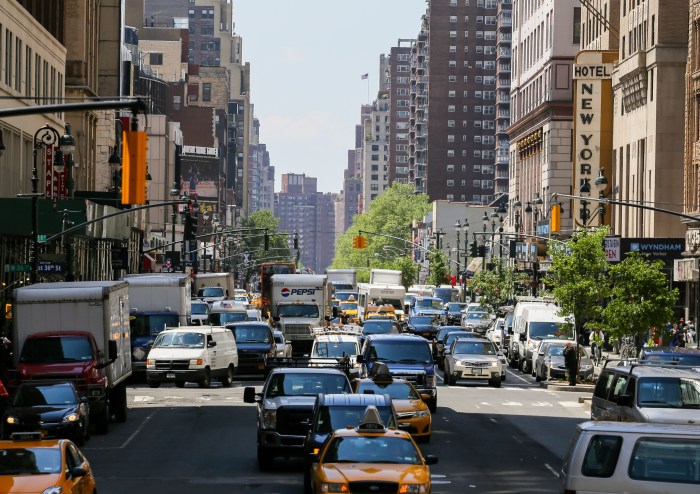The Taxi & Limousine Commission will soon require anti-discrimination training for all its taxi and for-hire vehicle operators as part of a larger overhaul of its driver education program.
For the first time, TLC driver training will include a course to make drivers more aware of the New York City Human Rights Law, which protects passengers from discrimination based on a variety of factors including age, race, sexual orientation or disability.
“The [current] training does have course discussions on things like service refusal, which could occur for reasons of discrimination and bias, but this new module will be a far more comprehensive introduction into those issues for our licensees and prospective licensees,” said TLC Spokesman Allan Fromberg.
All potential TLC drivers — including drivers for e-hail apps like Uber and Lyft — are required to take a 24-hour education course, usually spread out over the span of several days, to complete their TLC application.
Last November, the TLC began offering one universal license for its drivers to improve mobility within the industry. In response, Fromberg said the agency needed to “significantly revamp” the education program to accommodate broad issues like wheelchair access, rules and regulations, customer service and how the industries interact with each other.
“It’s like ‘Serving the Public 101,’” Fromberg said.
There’s not an official launch date for the new program, though Fromberg said it will come “in the near future.”
“This specialized training will go a long way in ensuring that drivers fully understand their obligations under the city’s anti-discrimination law as well as their own rights,” said Carmelyn Malalis, chair of the city’s Commission on Human Rights, in a statement. The commission worked with the TLC to draft the training.
The city says the new anti-discrimination module is mostly a proactive measure. It follows two cases within the last five years where yellow cab drivers were found to have violated the Human Rights Law.
Once, in October 2013, the Human Rights Commission found that a cabbie had refused service to a female passenger based on race. Two years earlier, in October 2011, a driver had threatened denial of service to a gay couple after they had exchanged a kiss in the cab’s back seat, according to the commission.
The drivers were ordered to serve 229 and 164 hours of community service, respectively.
Bhairavi Desai, director of the New York Taxi Workers Alliance, said her alliance has supported the incorporation anti-discrimination awareness class for 17 years, as a way not only to protect customers, but the TLC’s drivers as well.
“We had suggested this as something that also give drivers tools to address their own experiences of getting discriminated against,” said Desai. “Inasmuch as racism and discrimination remain issues in our society and culture, it’s important to address them within the industry.”





























